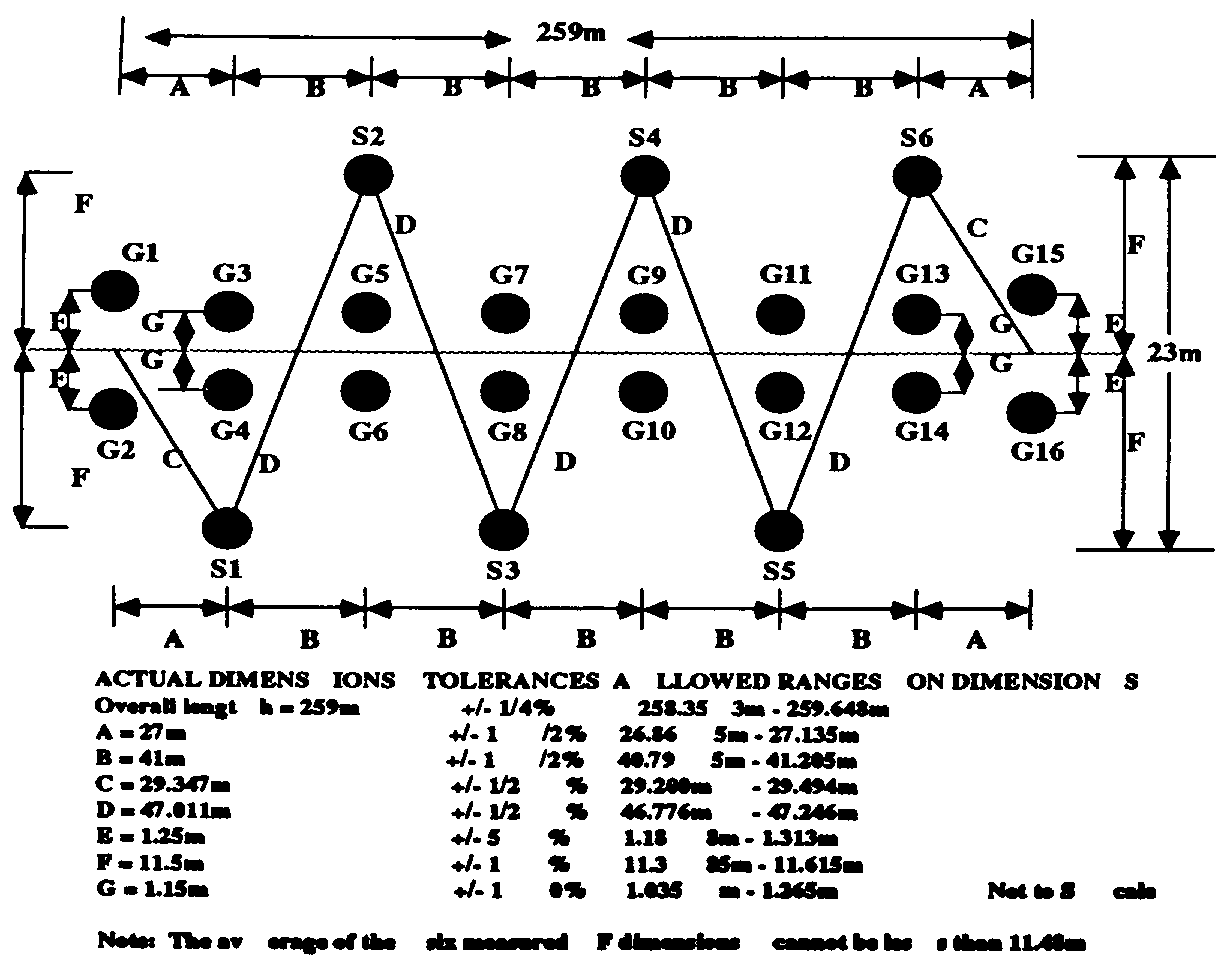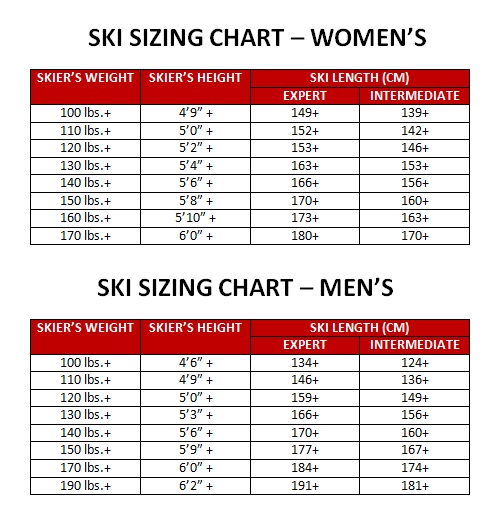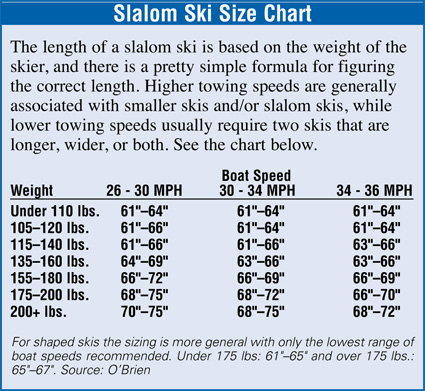Unlocking Your Slalom Potential: The Definitive Guide to Water Ski Sizing
Imagine gliding effortlessly across the water, carving smooth arcs with precision and grace. The spray kisses your face as you lean into each turn, feeling the power and control of a perfectly sized slalom water ski. This experience isn't just a dream; it's attainable with the right knowledge of slalom water ski sizing.
Selecting the correct slalom water ski size is more than just grabbing the first pair that looks appealing. It's a fundamental aspect of achieving peak performance, minimizing strain, and maximizing enjoyment on the water. The right size depends on several factors, including your weight, skill level, boat speed, and desired skiing style. Understanding these factors and how they interact is key to unlocking your full slalom potential.
Slalom water ski sizing isn't a one-size-fits-all proposition. A ski that's too big can feel cumbersome and unresponsive, hindering your ability to make quick turns and maintain balance. Conversely, a ski that's too small may feel unstable at higher speeds and struggle to provide adequate support during aggressive maneuvers. Finding that sweet spot, the perfect balance between control and agility, is the ultimate goal.
Historically, slalom water skis were long and narrow, designed for stability at lower speeds. As boat technology advanced and speeds increased, ski designs evolved to become shorter and wider, allowing for quicker turns and greater maneuverability. This evolution underscores the importance of considering performance goals when determining the appropriate slalom water ski length and width. Modern slalom skis offer a diverse range of sizes and shapes, catering to skiers of all skill levels and preferences.
The importance of correct slalom water ski sizing extends beyond just performance. Using a ski that isn't appropriate for your weight and skill level can lead to increased fatigue, muscle strain, and even injury. Proper sizing minimizes these risks and promotes a more comfortable and enjoyable skiing experience. By understanding the principles of slalom water ski sizing, you can invest in equipment that supports your long-term progress and enjoyment of the sport.
One crucial aspect of slalom water ski sizing is understanding the relationship between skier weight and ski length. Generally, heavier skiers require longer skis for greater stability and buoyancy, while lighter skiers can opt for shorter skis for enhanced maneuverability. Skill level also plays a significant role. Beginners typically benefit from longer, more stable skis, while advanced skiers may prefer shorter skis for greater responsiveness and control in aggressive turns.
Boat speed is another key factor. Higher speeds necessitate longer skis for maintaining stability, while lower speeds allow for shorter skis and increased maneuverability. The rope length also influences ski selection. Shorter ropes require shorter skis, while longer ropes allow for longer skis.
Three key benefits of proper slalom water ski sizing are improved performance, reduced risk of injury, and enhanced enjoyment. With the right size, you'll experience greater control, quicker turns, and a more effortless glide. Correct sizing also minimizes strain on your body, reducing the risk of injuries. Finally, a comfortable and well-performing ski will undoubtedly increase your overall enjoyment on the water.
Choosing the right size can seem daunting, but starting with manufacturer recommendations based on your weight and skill level is a great first step. Demoing different skis can also provide valuable insight into how various sizes and shapes perform on the water. Consulting with experienced skiers or professionals at a pro shop can further refine your selection process. Consider your current skiing style and future goals when making your final decision.
Advantages and Disadvantages of Different Slalom Ski Sizes
There's no one-size-fits-all answer to slalom water ski sizing, which presents both advantages and disadvantages depending on individual preferences and skill levels. Consider these points:
A longer ski provides more stability, especially beneficial for beginners or those skiing at higher speeds. However, longer skis can feel less responsive in turns. Shorter skis offer increased maneuverability and quicker turns, ideal for advanced skiers. However, they can be less stable, particularly for beginners or at higher speeds.
Frequently asked questions about slalom water ski sizing include: What size ski is right for me? How does boat speed affect ski selection? What's the difference between beginner and advanced skis? Can I use the same ski for different rope lengths? Should I demo skis before buying? Where can I find sizing charts? What are the latest trends in slalom ski design? How do I care for my slalom skis? These questions highlight the importance of understanding the nuances of slalom water ski sizing for achieving optimal performance and enjoyment on the water.
Mastering slalom water ski sizing is a journey of exploration and refinement. Embrace the learning process, experiment with different sizes and styles, and seek guidance from experienced skiers and professionals. The rewards are well worth the effort: improved performance, reduced risk of injury, and a deeper connection with the exhilarating sport of slalom water skiing. By finding the perfect fit, you unlock your full potential and embark on a path of continuous improvement, enjoying countless hours of effortless glides and exhilarating turns on the water.
Unlocking the elegance of high elf female art
Ac unit sounds like a jet engine find out why
Unleash fun with free printable bluey coloring pages dibujos para colorear e imprimir de bluey










/3831425473_3d991b9dd6_o-56a9e0403df78cf772ab2f8e.jpg)


/3831425473_3d991b9dd6_o-56a9e0403df78cf772ab2f8e.jpg)